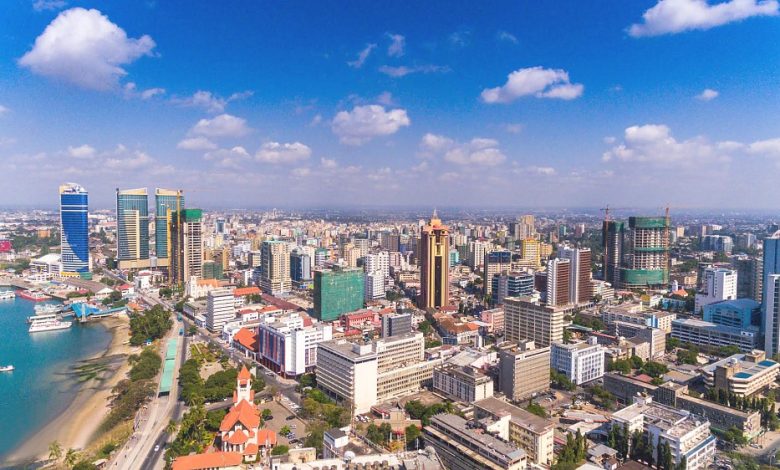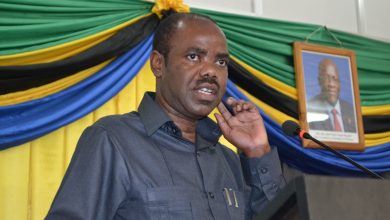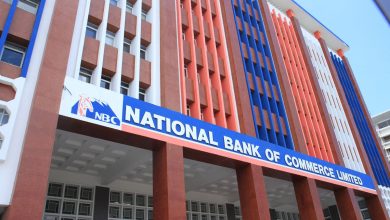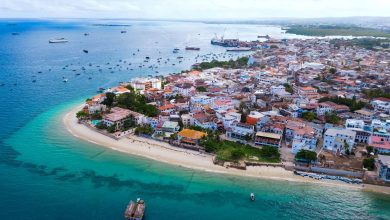PPPs: Leveraging private investment for development

DAR ES SALAAM: TANZANIA is set for a major boost in infrastructure and economic transformation as the Public-Private Partnership Centre (PPPC) moves closer to securing financing for at least 20 strategic development projects valued at over 12 billion US dollars.
Scheduled for financial closure by the end of the current fiscal year, these projects span transportation, energy, tourism, agriculture, fisheries, industry and education.
They are at varying stages, from early conceptualisation to feasibility studies, with several approaching full funding and implementation.
PPPC Executive Director, David Kafulila, said the government recognises it cannot fund every project alone amid rising fiscal pressures.
“Instead of relying solely on tax revenues and public borrowing to fund every project, PPPs allow the government to implement critical development initiatives by leveraging private sector capital and expertise, reducing fiscal pressure while accelerating infrastructure delivery,” he said.
Currently, the PPPC manages 82 active projects, reflecting a strategic shift from traditional government-funded models toward leveraging private sector efficiency, innovation and resources.
While only five projects are in the implementation stage, 32 are in concept development, 15 at pre-feasibility and 23 undergoing feasibility studies.
PPC Director of Projects, Agustino Saibul, said the growing number of early-stage projects demonstrates rising confidence in the country’s PPP framework. He said the selected projects are geographically diverse and sourced directly from municipal councils to ensure equitable development and address regional disparities.
Key infrastructure projects include commercial developments at Julius Nyerere and Kilimanjaro International Airports, the Dar Rapid Transit (DART) Phase Two expansion and toll road developments under the Tanzania National Roads Agency (TANROADS).
The DART Phase Two project will involve acquiring, operating and maintaining Compressed Natural Gas buses across a 20.3-kilometre corridor from Mbagala to Kamata, with extensions to Morocco and Kivukoni. One significant toll road project is the Lot I Expressway, a 78.9-kilometre route from Kibaha to Chalinze, while Lot II of the Chalinze–Morogoro Expressway, spanning 84.9 kilometres, is in the procurement phase.
ALSO READ: Dominance of 10,000/- bills tests economy
A new student hostel at the College of Business Education is also progressing through procurement.
Mr Saibul said these developments go beyond roads and buses, representing investments in job creation, logistical efficiency, sustainable infrastructure and broader economic resilience. Among standout projects is the planned redevelopment of Msasani Fish Market in Dar es Salaam, valued at 4.1 billion US dollars under a 15-year DBFOMT model.
The project will modernise the market with improved cold storage, sanitation facilities and commercial space for smallscale processors and traders. Mr Saibul said the Msasani project has progressed since its pre-feasibility study in 2019, supported by World Bank technical assistance.
The final feasibility study is expected by December 2025, positioning the market as a key urban hub supporting the blue economy and livelihoods. Msasani Fish Makert longtime trader Pulkeria Kasanga said current infrastructure compromises fish freshness and quality.
She believes improved facilities will enhance hygiene, increase customer satisfaction and promote fairer pricing and competition.
ALSO READ: EAC tackles cross-border trade hurdles for women at Namanga
Kinondoni Municipal Council, which manages the market, said the redevelopment will boost urban infrastructure and support hundreds of livelihoods. At the national level, PPPC is operationalising 410 PPP projects across 184 local government authorities, spanning ICT, agroprocessing, housing, tourism, waste management, education and public transport.
Kafulila said the government plans to publicly unveil these opportunities to attract more investors and accelerate implementation. Mr Saibul said capacitybuilding is a major focus, with 2,877 municipal employees trained in PPP project management. He called on local investors and business leaders to seize the opportunities presented through PPP frameworks.
“With continued leadership, sound planning and meaningful collaboration, the PPPC is wellpositioned to deliver transformative results across the country,” he said.
“These partnerships foster sustainability, innovation and community-driven development by tapping into the private sector’s technical and operational strengths.” PPPC Senior Finance Management Officer, Mwanaidi Araba, said decentralisation is a milestone in the country’s development strategy.
By empowering local governments to implement PPPs, the country is laying the foundation for more balanced, regionally driven growth. She said private sector engagement is critical to meeting national development targets.
The transition to PPPs represents a structural transformation in how the country plans, finances and delivers development. As PPPs gain momentum at central and local levels, the country’s future increasingly depends on public vision, private ingenuity and shared responsibility.





